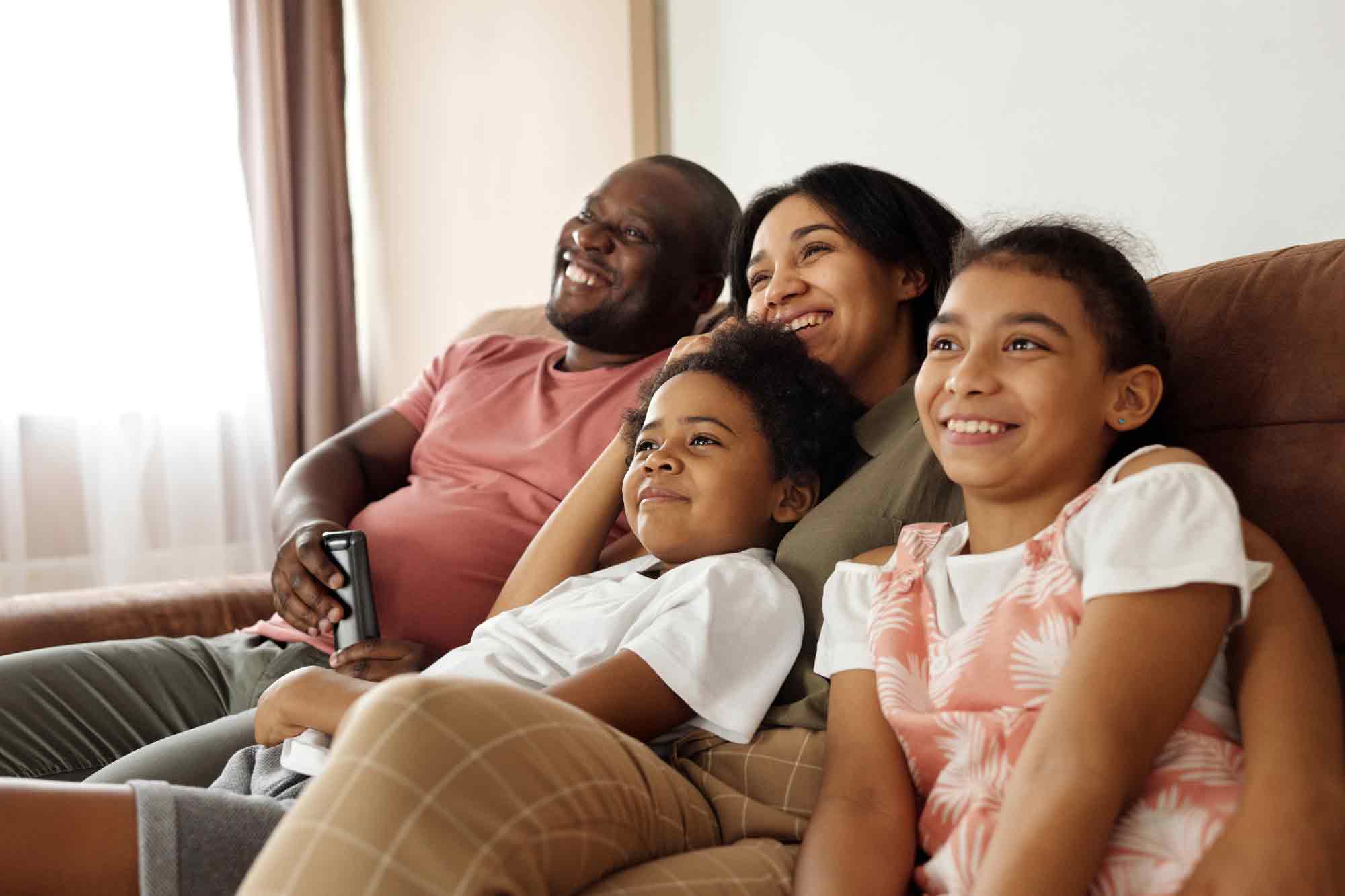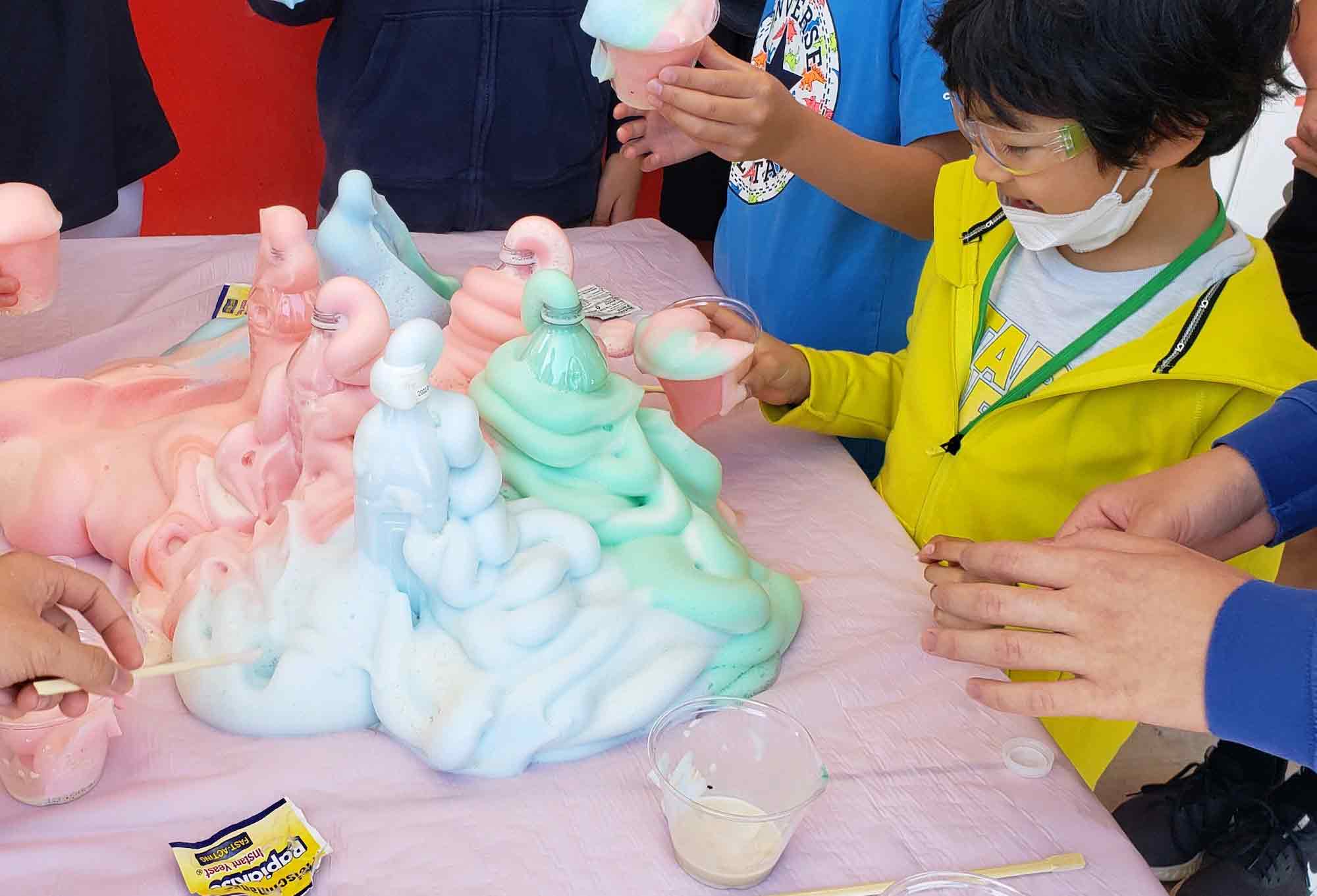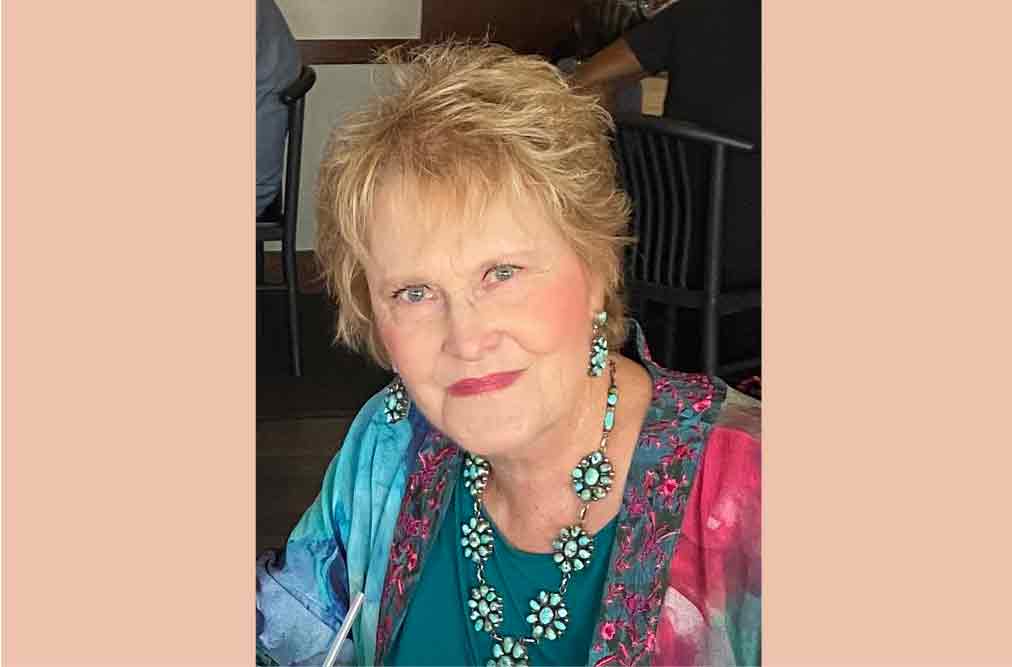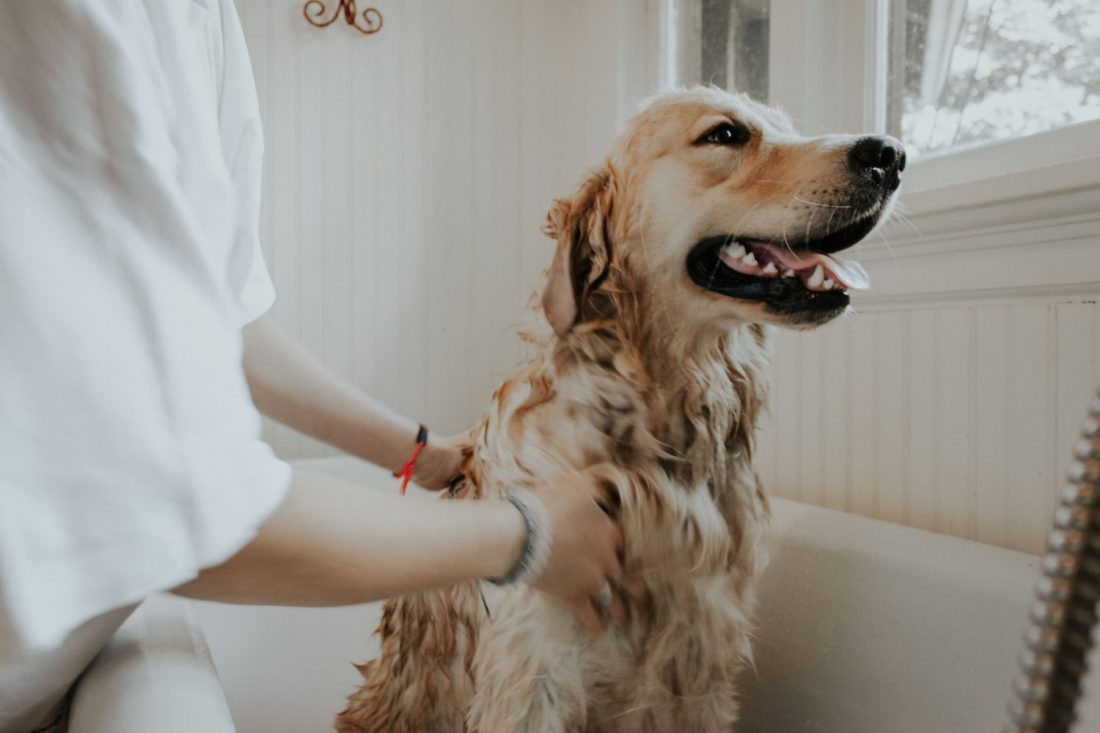Listen to this article
Listen to this article
Loading
Play
Pause
Options
0:00
-:--
1x
Playback Speed- 0.5
- 0.6
- 0.7
- 0.8
- 0.9
- 1
- 1.1
- 1.2
- 1.3
- 1.5
- 2
Audio Language
- English
- French
- German
- Italian
- Spanish
Open text
do good family roadmap: be a helpful neighbor. as kids, our two favorite shows were “sesame street” and “mister rogers’ neighborhood.” both shows invited us into different worlds and introduced us to people we had never seen before. mister rogers, especially, was intentional about inviting lots of different people into his home. he was famous for calling everyone his neighbor. you may be wondering: “how could everyone be my neighbor?”. it’s true, we tend to think of the people who live near us as our neighbors, not everyone. but god invites us to see and treat every person we meet with love and kindness as if they were our next-door neighbor. most of us would rather pick and choose who our neighbors are because it is hard to love everyone. yet, throughout the bible, god continually calls us to love everyone, to care for them and even invite them into our homes. over the next four weeks, journey with us in this study to see what god says about how to love our neighbors. each week includes five steps to follow with your family:. step 1: prepare your heart—put away distractions and pray for god to show you something new. step 2: learn from the word—read a passage of scripture together. step 3: ask questions—discuss the verses together as a family using the question prompts. step 4: name the truth—discover the truth god wants you to take away using the reading thought material provided. step 5: take action—think of ways you can put god’s truth into action and complete the action ideas on your do good family roadmap. (consider setting a family reward for completing the full roadmap, such as an ice cream outing. get input from your family and let everyone know you’ll enjoy the reward when you complete the neighborly actions as a family.). so, in the words of mister rogers, “would you be mine, could you be mine, won’t you be my neighbor,” as we journey through god’s word? part two of four; read part one here. step 1: prepare your heart. put away distractions and pray, “god show us something new today.”. step 2: learn from the word. as a family, read what scripture says in luke 5:17-26. step 3: ask questions. discuss the passage together as a family. consider:. how did the friends help the paralyzed man? have you ever had friend that has different physical abilities? are you really good at something? what are some cool things people with different abilities can do? although it’s always important to ask them, how can you help a friend that may have some physical struggles? sometimes we may stand out because of our faith, how can we stand out confidently? step 4: name the truth. discover the truth god wants you to take away. use the following as a guide. do you have a friend with different physical abilities? maybe you’ve noticed that it is harder for them to do many things that you can easily do such as run through a park, communicate with friends or go to the beach. sometimes we might even be nervous about making friends with someone who is a little different from us or has some extra challenges. however, when we all join together, we can do powerful things to help our brothers and sisters. this passage begins with several friends who want to bring their paralyzed friend to see jesus. jesus had just performed several healings in the area, so they are most likely bringing their friend to jesus to be healed. but when they get to where jesus is, they can’t even see jesus because of how big the crowd is. so, they do something extraordinary and decide that they have to lower their friend through the roof. at that point in time, the houses and apartments were different than the one you probably live in. some roofs were made of thatched wood and mud, while others were made of tile. so, these friends had to either dig through mud and wood or begin to remove tiles from the house! would your friends make a hole in a roof so you could be healed? can you imagine sitting in your living room and suddenly seeing parts of the roof cave in while a man is lowered into the room? these friends didn’t care about what other people might think. their only concern was to get their friend to jesus—and jesus saw their faith. in verse 20 we read, when jesus saw their faith, he said, “friend, your sins are forgiven.” jesus didn’t just consider the faith of the man who was paralyzed, he also saw the faith of his friends. did you wonder why jesus forgave the man’s sins before he healed the man’s body? in jewish tradition, sin was tied to physical issues or sicknesses. many people believed that if the sin was forgiven, the person would also be physically healed. this isn’t true all the time, but this time jesus clearly thought it was important to show that he had the ability to forgive sins and heal bodies. jesus also wanted the man who was paralyzed, his friends and us to know that our spiritual health is more important than our physical health. we need to help people with issues that affect their bodies, but we cannot forget to make sure they also know jesus in their hearts. that is our ultimate goal: bring people to christ so they can choose to follow him, too. step 5: take action on your do good family roadmap. put god’s truth into action and be a helpful neighbor this week with these helpful action ideas (and don’t forget to mark them complete on your roadmap—download it here!):. get curious. have you ever come across someone who appeared different but you weren’t sure why? did you ask them about themselves? to see how, read “just ask!: be different, be brave, be you” by sonia sotomayor (philomel books, 2019), a book about differently-abled kids who use their strengths to work together and learn about each other. (watch a reading of the book “just ask!” on youtube.). face challenges. encourage your family to consider the perspectives and feelings of those who may be vulnerable, such as a new child at school or a child experiencing some family trouble. talk about simple ideas for taking action, like comforting a classmate who was teased or reaching out to a new student. zoom out. use newspaper or tv stories to start conversations with your family about other people’s hardships and challenges, or simply the different experiences of children in another country or community. practice listening. emphasize with your family the importance of really listening to others, especially those people who may seem unfamiliar. explain when we listen deeply to others it shows we care, helps us to see and feel things the way they do and builds trust. tips for better listening: position your body toward the other person and make eye contact. focus on what they are saying and avoid distractions. be curious about why they might feel a certain way about what they are saying. ask follow-up questions (“what did you mean when you said…”) and express empathy (“it sounds like you felt … is that right?”). download the complete do good family roadmap now and take a 4-week journey for families in how to be a good neighbor. follow the guide to see what the bible says about the art of neighboring and take tangible steps together on your printable roadmap to be a caring, helpful, welcoming and supportive neighbor right where you are. do good:. how do we treat everyone with love and kindness, as if they were our neighbor? get the do good family roadmap and take a 4-week journey for families in how to be a good neighbor. follow the guide to see what the bible says about the art of neighboring and take tangible steps together on your printable roadmap to be a caring, helpful, welcoming and supportive neighbor right where you are. you’ve probably seen the red kettles and thrift stores, and while we’re rightfully well known for both…the salvation army is so much more than red kettles and thrift stores. so who are we? what do we do? where? right this way for salvation army 101. get support from moms who are right there with you. join the caring moms collective and find a place of low-pressure, high-encouragement love anytime you need it, whether you know it or not. get in the group today.
Open context player
Close context player
Plays:-Audio plays count
do good family roadmap: be a helpful neighbor. as kids, our two favorite shows were “sesame street” and “mister rogers’ neighborhood.” both shows invited us into different worlds and introduced us to people we had never seen before. mister rogers, especially, was intentional about inviting lots of different people into his home. he was famous for calling everyone his neighbor. you may be wondering: “how could everyone be my neighbor?”. it’s true, we tend to think of the people who live near us as our neighbors, not everyone. but god invites us to see and treat every person we meet with love and kindness as if they were our next-door neighbor. most of us would rather pick and choose who our neighbors are because it is hard to love everyone. yet, throughout the bible, god continually calls us to love everyone, to care for them and even invite them into our homes. over the next four weeks, journey with us in this study to see what god says about how to love our neighbors. each week includes five steps to follow with your family:. step 1: prepare your heart—put away distractions and pray for god to show you something new. step 2: learn from the word—read a passage of scripture together. step 3: ask questions—discuss the verses together as a family using the question prompts. step 4: name the truth—discover the truth god wants you to take away using the reading thought material provided. step 5: take action—think of ways you can put god’s truth into action and complete the action ideas on your do good family roadmap. (consider setting a family reward for completing the full roadmap, such as an ice cream outing. get input from your family and let everyone know you’ll enjoy the reward when you complete the neighborly actions as a family.). so, in the words of mister rogers, “would you be mine, could you be mine, won’t you be my neighbor,” as we journey through god’s word? part two of four; read part one here. step 1: prepare your heart. put away distractions and pray, “god show us something new today.”. step 2: learn from the word. as a family, read what scripture says in luke 5:17-26. step 3: ask questions. discuss the passage together as a family. consider:. how did the friends help the paralyzed man? have you ever had friend that has different physical abilities? are you really good at something? what are some cool things people with different abilities can do? although it’s always important to ask them, how can you help a friend that may have some physical struggles? sometimes we may stand out because of our faith, how can we stand out confidently? step 4: name the truth. discover the truth god wants you to take away. use the following as a guide. do you have a friend with different physical abilities? maybe you’ve noticed that it is harder for them to do many things that you can easily do such as run through a park, communicate with friends or go to the beach. sometimes we might even be nervous about making friends with someone who is a little different from us or has some extra challenges. however, when we all join together, we can do powerful things to help our brothers and sisters. this passage begins with several friends who want to bring their paralyzed friend to see jesus. jesus had just performed several healings in the area, so they are most likely bringing their friend to jesus to be healed. but when they get to where jesus is, they can’t even see jesus because of how big the crowd is. so, they do something extraordinary and decide that they have to lower their friend through the roof. at that point in time, the houses and apartments were different than the one you probably live in. some roofs were made of thatched wood and mud, while others were made of tile. so, these friends had to either dig through mud and wood or begin to remove tiles from the house! would your friends make a hole in a roof so you could be healed? can you imagine sitting in your living room and suddenly seeing parts of the roof cave in while a man is lowered into the room? these friends didn’t care about what other people might think. their only concern was to get their friend to jesus—and jesus saw their faith. in verse 20 we read, when jesus saw their faith, he said, “friend, your sins are forgiven.” jesus didn’t just consider the faith of the man who was paralyzed, he also saw the faith of his friends. did you wonder why jesus forgave the man’s sins before he healed the man’s body? in jewish tradition, sin was tied to physical issues or sicknesses. many people believed that if the sin was forgiven, the person would also be physically healed. this isn’t true all the time, but this time jesus clearly thought it was important to show that he had the ability to forgive sins and heal bodies. jesus also wanted the man who was paralyzed, his friends and us to know that our spiritual health is more important than our physical health. we need to help people with issues that affect their bodies, but we cannot forget to make sure they also know jesus in their hearts. that is our ultimate goal: bring people to christ so they can choose to follow him, too. step 5: take action on your do good family roadmap. put god’s truth into action and be a helpful neighbor this week with these helpful action ideas (and don’t forget to mark them complete on your roadmap—download it here!):. get curious. have you ever come across someone who appeared different but you weren’t sure why? did you ask them about themselves? to see how, read “just ask!: be different, be brave, be you” by sonia sotomayor (philomel books, 2019), a book about differently-abled kids who use their strengths to work together and learn about each other. (watch a reading of the book “just ask!” on youtube.). face challenges. encourage your family to consider the perspectives and feelings of those who may be vulnerable, such as a new child at school or a child experiencing some family trouble. talk about simple ideas for taking action, like comforting a classmate who was teased or reaching out to a new student. zoom out. use newspaper or tv stories to start conversations with your family about other people’s hardships and challenges, or simply the different experiences of children in another country or community. practice listening. emphasize with your family the importance of really listening to others, especially those people who may seem unfamiliar. explain when we listen deeply to others it shows we care, helps us to see and feel things the way they do and builds trust. tips for better listening: position your body toward the other person and make eye contact. focus on what they are saying and avoid distractions. be curious about why they might feel a certain way about what they are saying. ask follow-up questions (“what did you mean when you said…”) and express empathy (“it sounds like you felt … is that right?”). download the complete do good family roadmap now and take a 4-week journey for families in how to be a good neighbor. follow the guide to see what the bible says about the art of neighboring and take tangible steps together on your printable roadmap to be a caring, helpful, welcoming and supportive neighbor right where you are. do good:. how do we treat everyone with love and kindness, as if they were our neighbor? get the do good family roadmap and take a 4-week journey for families in how to be a good neighbor. follow the guide to see what the bible says about the art of neighboring and take tangible steps together on your printable roadmap to be a caring, helpful, welcoming and supportive neighbor right where you are. you’ve probably seen the red kettles and thrift stores, and while we’re rightfully well known for both…the salvation army is so much more than red kettles and thrift stores. so who are we? what do we do? where? right this way for salvation army 101. get support from moms who are right there with you. join the caring moms collective and find a place of low-pressure, high-encouragement love anytime you need it, whether you know it or not. get in the group today.
Listen to this article

















